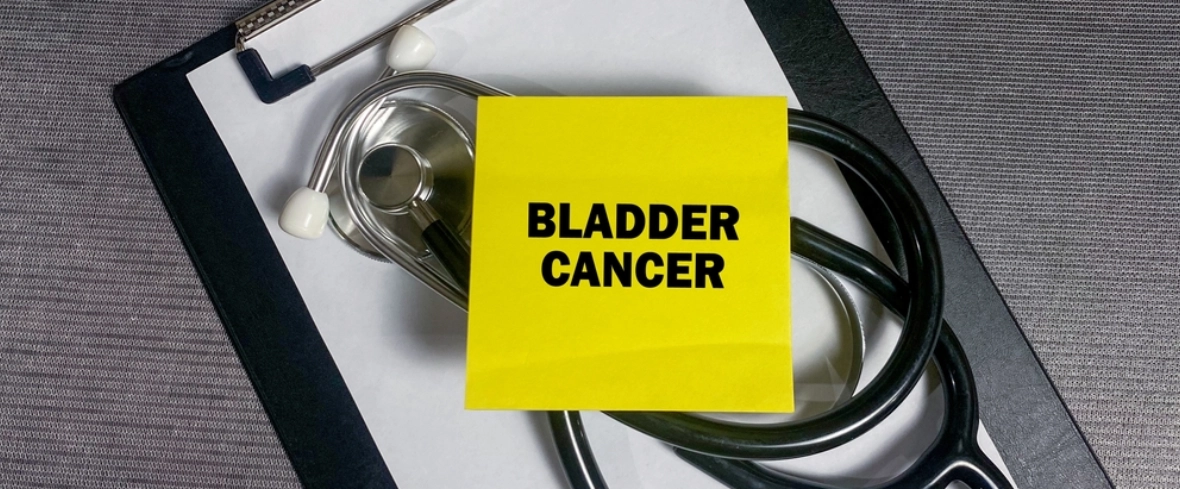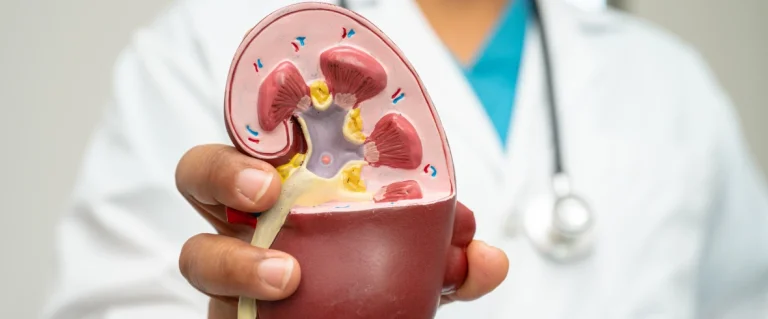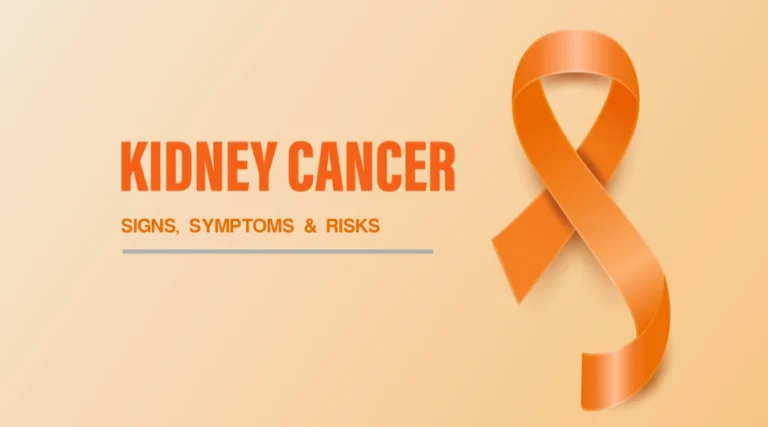Bladder cancer is a condition that affects many people, particularly those in their middle and later years. Early detection and proper treatment are key to managing the disease and preventing it from spreading. In this article, Dr. Ajinkya Patil, a leading urologist based in Navi Mumbai, provides valuable insights into bladder cancer, its symptoms, risk factors, and the advanced treatment options available at his clinics in Panvel, Vashi, and Kharghar.
Dr. Patil’s approach to bladder cancer treatment is highly personalized, ensuring that each patient receives the best possible care tailored to their specific condition. As a trusted urologist in the region, Dr. Patil combines the latest medical technology with years of expertise to provide effective and compassionate care.
What is Bladder Cancer?
Bladder cancer is a type of cancer that begins in the cells of the bladder, which is the organ responsible for storing urine. It is more common in adults, particularly those over the age of 55, and affects both men and women. However, men are at a higher risk.
Bladder cancer can range from superficial forms, which remain confined to the bladder lining, to invasive forms that spread to surrounding tissues and organs. When detected early, the treatment options are generally more effective, which is why regular screenings and awareness of the disease’s symptoms are crucial.
Symptoms of Bladder Cancer
Understanding the early warning signs of bladder cancer can lead to a more effective treatment plan. Common symptoms that should prompt individuals to seek medical attention include:
Blood in the Urine (Hematuria)
One of the most common and obvious symptoms of bladder cancer is blood in the urine, often without pain. This can appear as pink, red, or dark brown urine. It’s essential to seek medical attention immediately if you notice blood in your urine.
Frequent Urination
A sudden and frequent urge to urinate, often accompanied by discomfort, could be a sign of bladder cancer. Some patients may feel the need to urinate more often but may not be able to pass much urine at all.
Painful Urination
While discomfort during urination can be a symptom of several urinary conditions, if it’s persistent and combined with other symptoms like blood in the urine, it may be a sign of bladder cancer.
Lower Abdominal Pain
Patients with bladder cancer may experience lower abdominal or pelvic pain, particularly in advanced stages of the disease. This pain may occur alongside other symptoms and should not be ignored.
Unexplained Weight Loss
In advanced cases of bladder cancer, patients may experience unexplained weight loss, fatigue, and a general feeling of being unwell.
Causes and Risk Factors for Bladder Cancer
The exact cause of bladder cancer remains unclear, but certain risk factors can increase the likelihood of developing the disease. These include:
Smoking
Tobacco use is the leading risk factor for bladder cancer, as the chemicals in tobacco smoke can damage the cells of the bladder. Smokers are up to four times more likely to develop bladder cancer than non-smokers.
Age and Gender
Bladder cancer is more commonly diagnosed in individuals over the age of 55, and men are more likely to develop the disease than women.
Family History
If you have a family history of bladder cancer, your risk may be higher. Genetic factors play a significant role in the development of this disease.
Exposure to Certain Chemicals
People who are regularly exposed to certain chemicals, such as those working in the textile, rubber, and chemical industries, are at a higher risk of developing bladder cancer.
Chronic Bladder Infections and Stones
Chronic bladder infections or bladder stones can lead to inflammation, which may increase the risk of developing bladder cancer.
Is Bladder Cancer Dangerous or Harmless?
While bladder cancer may start as a superficial form that is easier to treat, it can become more dangerous if left untreated. Bladder cancer can spread to surrounding organs and tissues, making it more difficult to treat and increasing the likelihood of complications.
If detected early, however, bladder cancer has a high survival rate, especially when treated with surgery, chemotherapy, or immunotherapy. Regular screenings and immediate medical attention are essential in catching the disease in its early stages before it becomes more serious.
When to See a Urologist Like Dr. Ajinkya Patil
If you are experiencing any of the symptoms mentioned above, it is important to see a urologist like Dr. Ajinkya Patil as soon as possible. The earlier bladder cancer is detected, the more effective treatment will be. Dr. Patil’s clinics in Panvel, Vashi, and Kharghar offer advanced diagnostic services, including imaging tests and urine tests, to detect bladder cancer at its earliest stages.
Additionally, Dr. Ajinkya Patil provides personalized treatment plans based on your condition and overall health. If you have a family history of bladder cancer or other risk factors, Dr. Patil can help you with preventive care and early detection strategies.
Treatment Options for Bladder Cancer in Navi Mumbai
Dr. Patil provides several effective treatment options for bladder cancer, depending on the stage and severity of the disease. Some common treatment approaches include:
Surgery
Surgical options for bladder cancer can range from transurethral resection (TURBT), which removes the tumor through the urethra, to cystectomy, where part or all of the bladder is removed.
Chemotherapy
Chemotherapy is commonly used in bladder cancer treatment to shrink tumors before surgery or to eliminate any remaining cancer cells after surgery.
Immunotherapy
Immunotherapy boosts the body’s immune system to fight cancer. This treatment is often used for advanced bladder cancer cases.
Radiation Therapy
In some cases, radiation therapy may be used alongside other treatments to target cancer cells and reduce the tumor size.
Preventive Tips from Dr. Ajinkya Patil
While some risk factors, such as genetics and age, cannot be controlled, certain lifestyle changes can help reduce the risk of bladder cancer:
- Quit Smoking: Smoking is the most significant preventable risk factor for bladder cancer. Quitting can dramatically reduce your risk.
- Stay Hydrated: Drinking plenty of water helps flush out toxins from your bladder and may lower your risk of developing bladder cancer.
- Limit Chemical Exposure: Avoiding harmful chemicals, especially if you work in industries that expose you to such substances, can help reduce your risk.
- Get Regular Checkups: Regular screenings for those at high risk can help catch bladder cancer early and improve treatment outcomes.
Real-Life Case Study from Curology Clinic
Case Study: Mr. Kumar from Vashi
Mr. Kumar, a 58-year-old man from Vashi, came to Dr. Ajinkya Patil after experiencing frequent urination and blood in his urine. Upon diagnosis, he was found to have superficial bladder cancer. Dr. Patil recommended TURBT followed by a course of chemotherapy to ensure the cancer cells were removed. Today, Mr. Kumar is cancer-free and has returned to his normal routine.
Frequently Asked Questions
Blog – Understanding and Treating Bladder Cancer
Final Thoughts from Dr. Ajinkya Patil
Bladder cancer, like all cancers, requires early detection and timely treatment to achieve the best outcomes. If you are experiencing symptoms or are at high risk, don’t wait—schedule an appointment with Dr. Ajinkya Patil, a trusted urologist in Navi Mumbai. Dr. Patil’s clinics in Panvel, Vashi, and Kharghar are equipped with the latest diagnostic tools and treatments to help you manage your urinary health.
For more information, or to book an appointment, please reach out today. Early intervention can save lives, and Dr. Patil is here to guide you every step of the way.




Leave a Comment